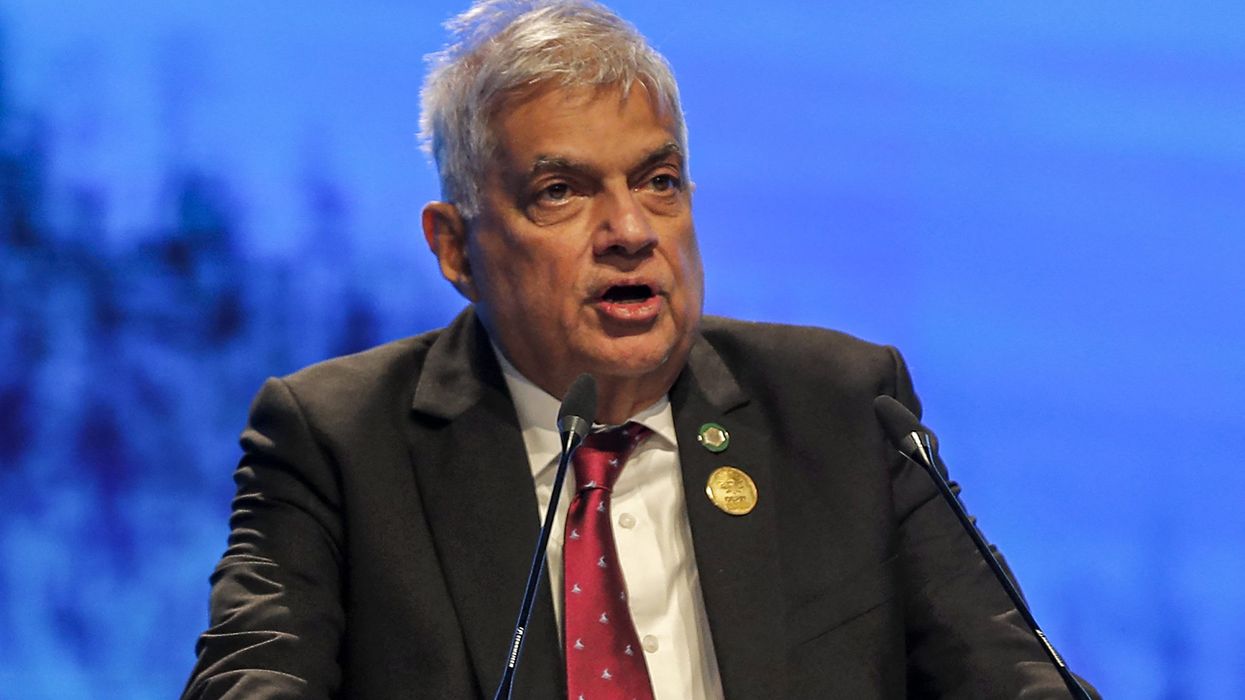During his address to Parliament on Wednesday (22), President Ranil Wickremesinghe announced that the IMF bailout had reinstated Sri Lanka's global recognition, thereby ending the notion of bankruptcy and enabling local banks to regain foreign investors' trust.
On Tuesday, the IMF board sanctioned a four-year, USD 3 billion facility to assist Sri Lanka recover from its balance of payment crisis, which has afflicted the country since April of last year.
According to Wickremesinghe, the bailout will facilitate low-interest credit, re-establish faith in foreign investors, and establish the basis for a robust new economy.
Wickremesinghe stated that as Sri Lanka embarks on a new path, several economic reforms must be implemented. He added that these reforms will serve as the basis for the country's success, and some of them have already been proposed and implemented through the 2022 interim budget and the 2023 budget. He also mentioned that additional reforms would be introduced in due course.
Wickremesinghe secured the IMF facility and revived the economy without opposition support, despite his appeals. He requested parliamentary approval for the agreement and stated that without it, he would not be able to enter into the second round of negotiations.
Negotiations with bilateral and private bondholders have begun, and Wickremesinghe has suggested a 10-year moratorium on debt repayment for Sri Lanka.
The country is currently experiencing a severe economic and humanitarian crisis, with significant challenges caused by pre-existing vulnerabilities and policy missteps.
According to a statement the IMF's Extended Fund Facility (EFF)-supported programme aims to restore macroeconomic stability and debt sustainability, protect vulnerable groups from the economic impact, ensure financial sector stability, and improve governance and growth potential.
The statement also affirmed that the decision of the Executive Board will result in the immediate disbursement of around USD 333 million, and it will encourage financial assistance from other development partners.
Sri Lanka faced its first-ever debt default in April due to the worst economic crisis in its history, triggering public protests over forex shortages. The then-president, Gotabaya Rajapaksa, had initially refused to seek IMF support but was eventually ousted in July following months-long street protests.
The country has implemented painful economic measures such as tax and utility rate hikes to qualify for the IMF programme, which will allow access to up to $7 billion in financing from the IMF and other international organisations.
(With inputs from PTI)




